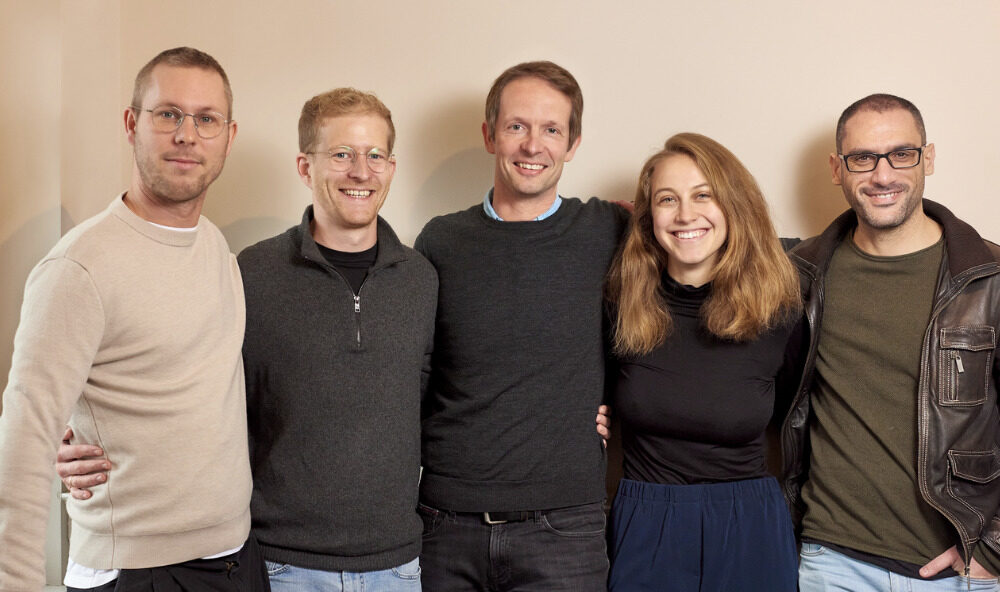[Disclosure: AgFunderNews’ parent company AgFunder is an investor in Klim.]
As agrifood corporates scramble to bring down their Scope 3 emissions, which account for nearly 90% of their collective carbon footprint, many hope to transition the farmland from which they source their wares to regenerative agriculture.
This is where Germany-based Klim could help out. The company runs insetting projects to help corporates decarbonize the farms in their own agricultural supply chains, rather than relying on external offsets.
The Klim digital platform provides tools such as agronomic support and transition capital that can help farmers shift to regenerative agriculture practices, which are vital to insetting projects and reducing scope 3 emissions. Farmers can use the Klim platform to plan, execute, and finance their transition to regenerative practices.
Klim raised a $22 million Series A last year from Earthshot Ventures, Rabobank, AgFunder, Norinchukin Bank, Achmea Innovation Fund, Ananda Impact Ventures and Elevator Ventures also participated.
“We invested in Klim for its exceptional founding team, strong industry network and maniacal focus on farmer adoption,” says AgFunder principal Quinten Eggink. Strong execution and deep farmer engagement make Klim Europe’s insetting leader, with major corporates like Nestlé and ADM.
The company says it has more than 3,500 farmers using its platform, which is on about 5% of all German farmland.
Klim spoke to AgFunder recently as part of the latter’s 2025 Global AgriFoodTech Investment report.
AgFunder: How would you describe your experience building a startup in 2024?
Klim: 2024 was a transformative year for Klim. Our partnerships with food companies grew significantly, including collaborations with major industry leaders like ADM. We expanded our product offering with the development of our digital agronomist, enhancing farmer support and accelerating the adoption of regenerative practices. As we scaled, our team grew in numbers, supported by the establishment of scalable processes for organizational excellence.
A major milestone was closing our Series A financing round, providing the runway to focus on delivering real customer value. This year highlighted the importance of adaptability, resilience, and staying mission-driven as we continue to scale.
AgFunder: What global challenge is your company trying to solve?
Klim: Klim is tackling some of the world’s most pressing challenges by transforming agriculture into a force for positive change. We address food security by promoting regenerative practices that enhance yield stability and build resilient soils, ensuring long-term agricultural productivity.
Our work directly contributes to climate change mitigation through carbon sequestration in soils and emissions reductions across supply chains. By restoring ecosystem health, we drive biodiversity improvements, creating healthier landscapes for future generations.
Equally important, we support fair livelihoods for farmers, empowering them with regenerative solutions that lead to better farm profitability and economic resilience. Our ultimate goal is to make regenerative agriculture the new standard—delivering environmental, social, and economic benefits at scale.
AgFunder: What do you have planned for 2025?
Klim: In 2025, Klim is focused on scaling impact across multiple fronts, including our food company offering, onboarding many new customers and expanding partnerships to drive regenerative agriculture adoption throughout supply chains. We will also expand further internationally.





